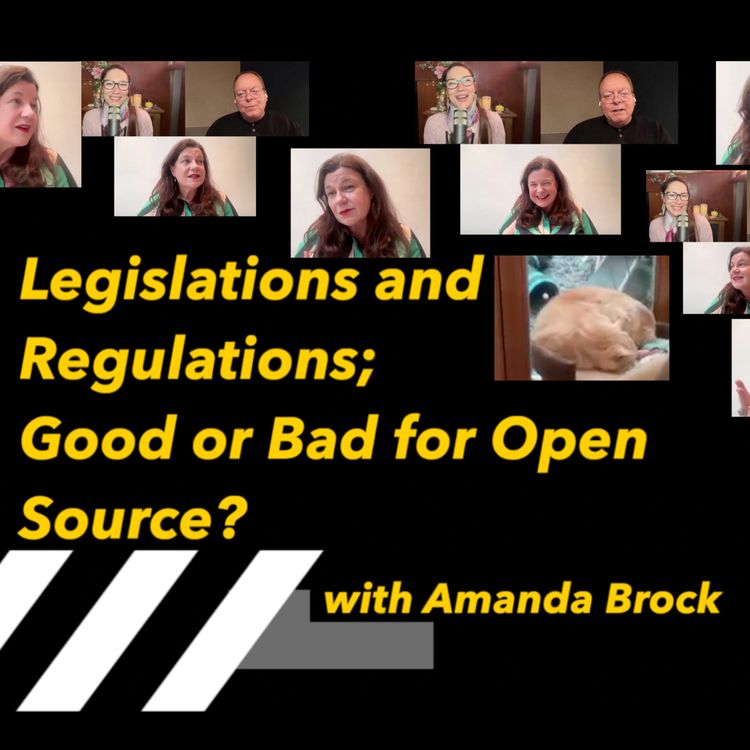
Governments around the globe have been recognizing that open source code is a core dependency in every modern software solution. Whether or not it is a good thing that is still a question. But one thing is for sure, if you are involved in an open source project or selling a product or service that depends on one, this will affect you!
In the commercial world, when something goes wrong with a product or service that a company provides, the company is liable for damages. So, what happens when a solution that contains open source code fails? And especially, what happens if the bug or vulnerability was introduced by the open source component? Who is liable? Is it the developer? Is it the open source community? Is it the company who used the code? Or?
In this episode of the My Open Source Experience Podcast, Ildiko and Phil are chatting with Amanda Brock. Before becoming the CEO of OpenUK, Amanda used to be a lawyer. With that background, it is no surprise that she keeps a close eye on the legislations and regulations that governments have been creating around open source. The group talks about this ongoing work, and how this affects people and companies in the ecosystem.
In this episode, you’ll learn more about topics, such as:
– CRA (Cyber Resiliency Act)
– PLD (Product Liability Directive)
– The challenges with some of the current regulations and what to look out for
It is crucial to help government officials and regulators understand the methods, processes and dynamics of open source communities and overall ecosystem. Everyone who’s part of this ecosystem plays a role in educating those who don’t have the expertise and the experience, including YOU!
Amanda’s books: https://amandabrock.com/books/